2025 Bioengineering Cohort
The Knight Campus welcomes new PhD students whose diverse talents and interests
are matched by a shared drive to create real-world impact and elevate their scientific careers.
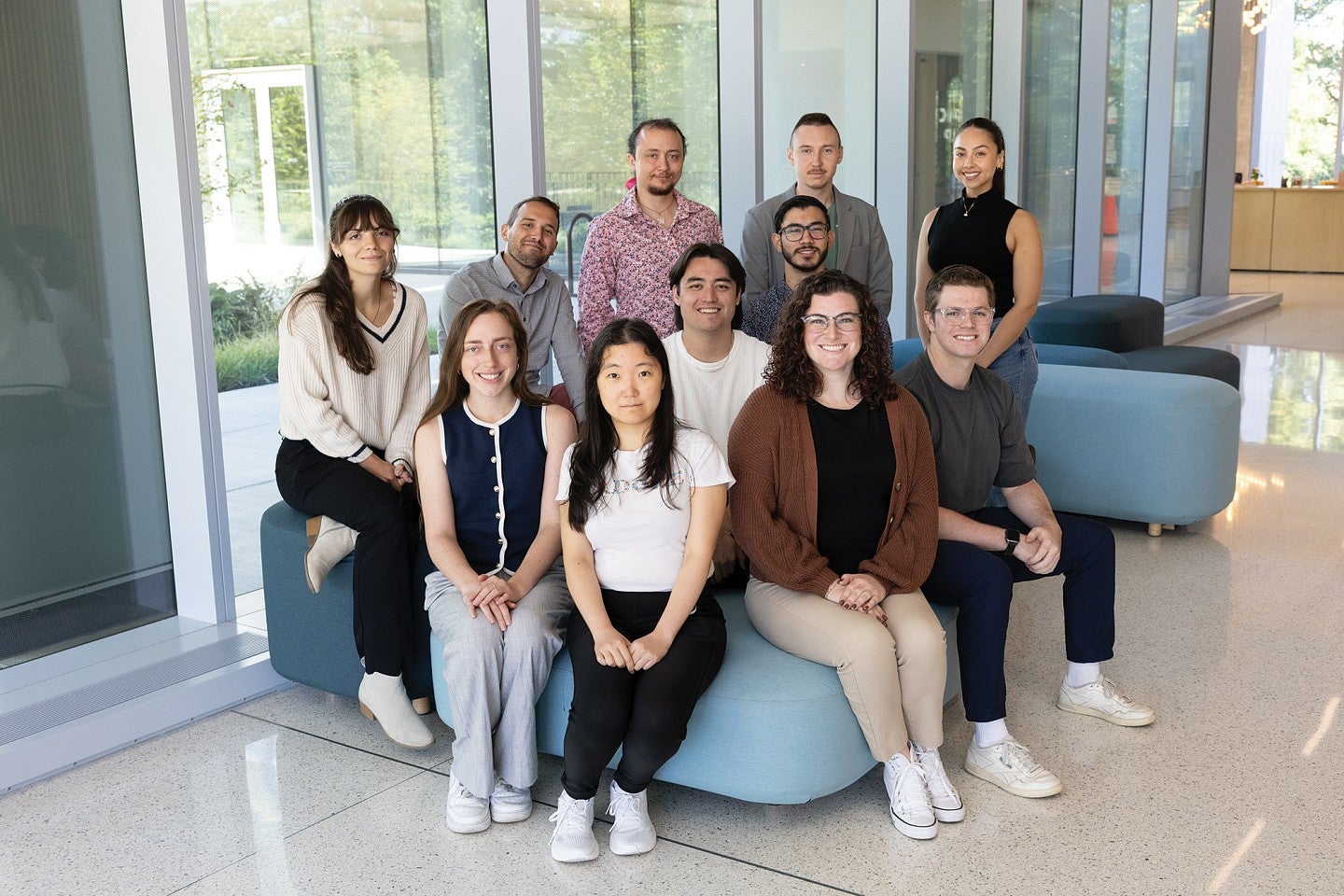
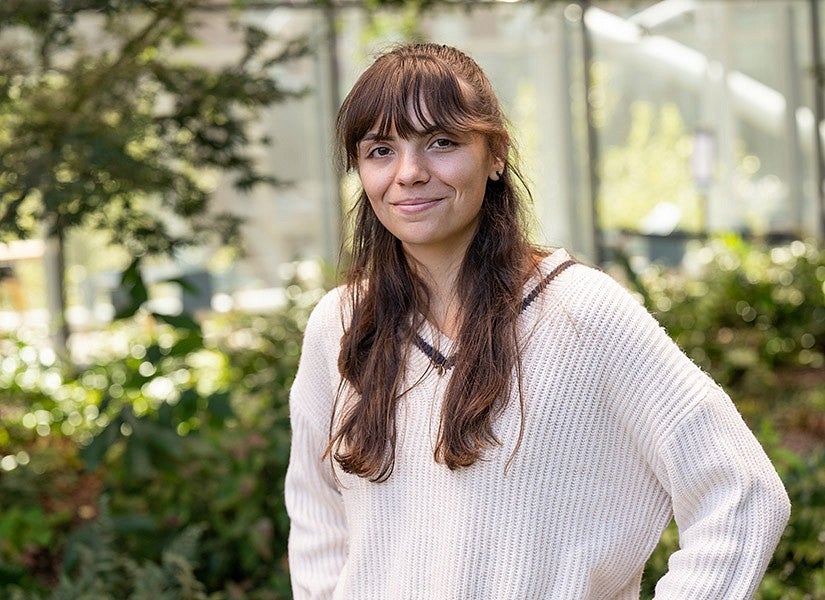
Emma Anderson
Undergraduate Studies: Oregon State University
“Especially with the current research funding issues, it’s nice to feel a little more secure as a student. I feel like the Knight Campus has been really good at providing that additional security for students.”
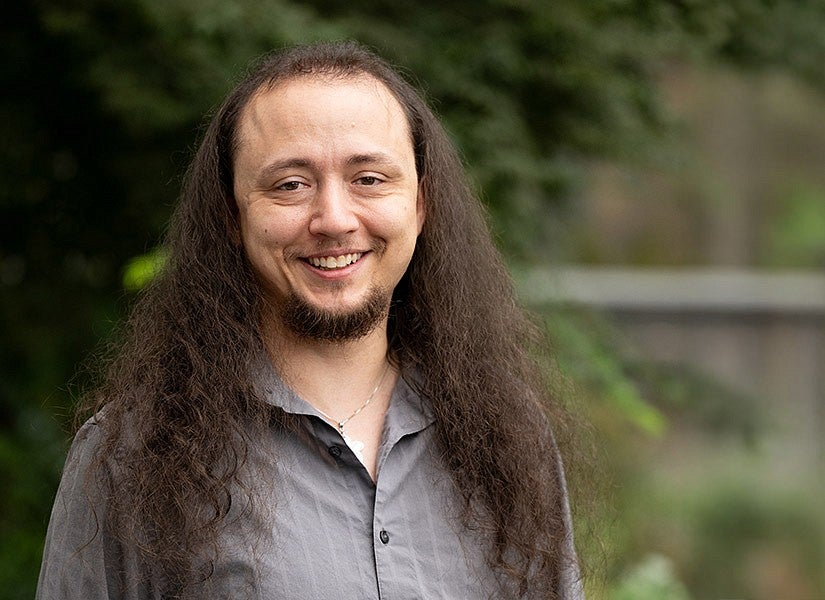
Dendron Chamberlain
Undergraduate Studies: Bellevue College
"I got curious about the Knight Campus because the PhD students I met at conferences all seemed happy, confident, knowledgeable, and kind. I joined the program to be a part of that community, as well as for the really cool tissue engineering research going on here, the intentional focus on accelerated professional development including ethics and science communication, and the extensive network of interdisciplinary coaches and mentors."
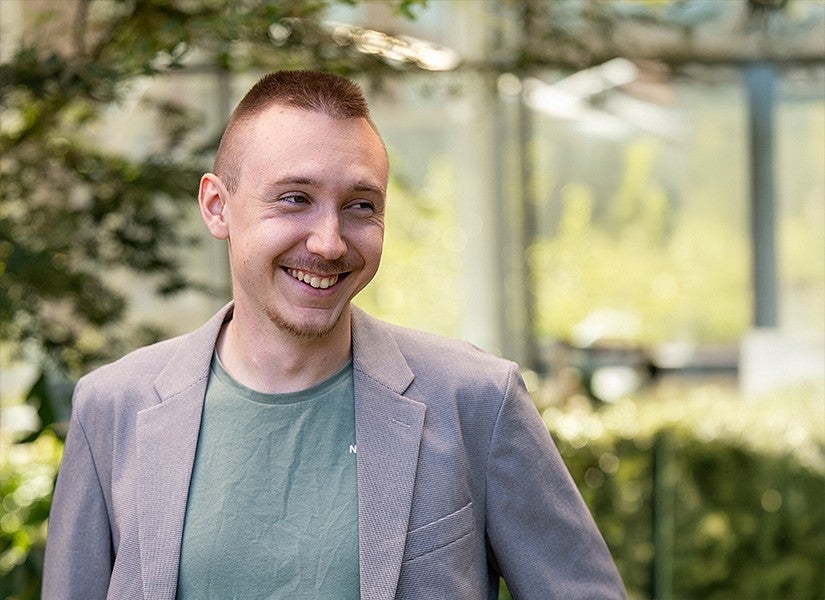
Peter Chudinov
Masters: San Francisco State University
Post-baccalaureate studies: UCSF
“I grew up hacking computers and later found my calling in biology, applying the same tools and skills across domains. From transforming signals from the nervous system into motion intent to building open-source microscopes, I’ve always been drawn to creating tools that accelerate scientific discovery.”
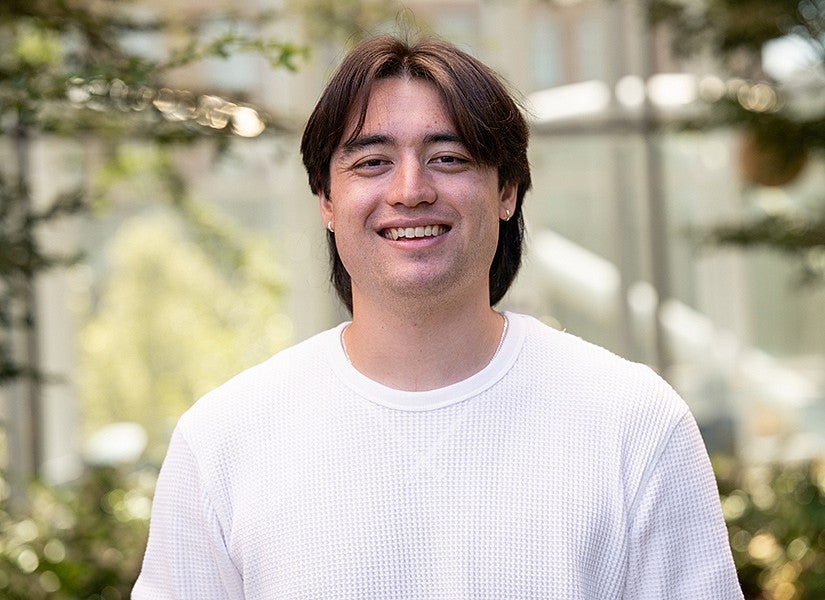
Austin Clark
Undergraduate Studies: George Fox University
“I love the mix of fundamentals and application — proteins are these tiny molecules that play a huge role in everyday life, and I’m using them in hydrogels to control growth factor delivery for muscle regeneration.”
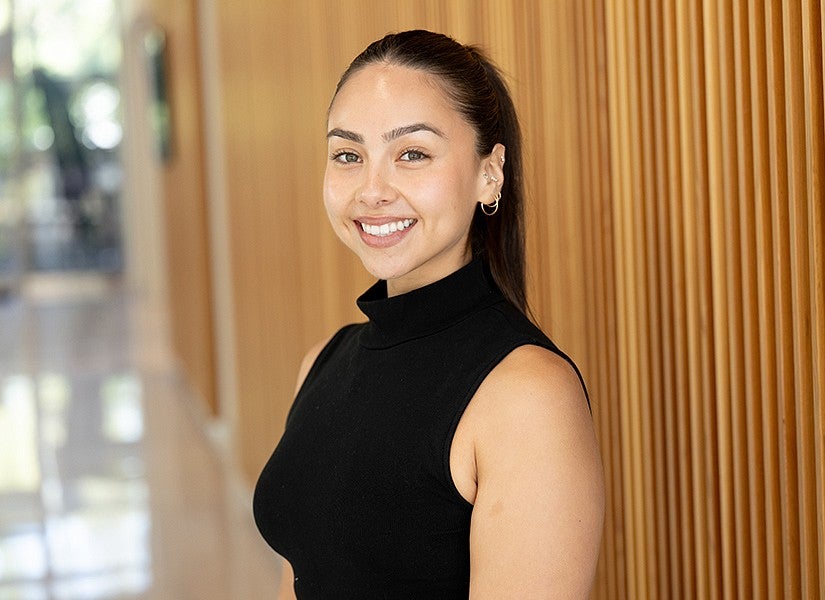
Diana Flores Barnett
Undergraduate Studies: Occidental College
“There are so many opportunities here — not just in research, but ways to become a leader, like though the innovation and entrepreneurship track. I really want to be a part of that. At the Knight Campus, I saw all these PIs (principal investigators) having startups, and students with their own companies. And I felt like, well, if they can do it, why can't I?”
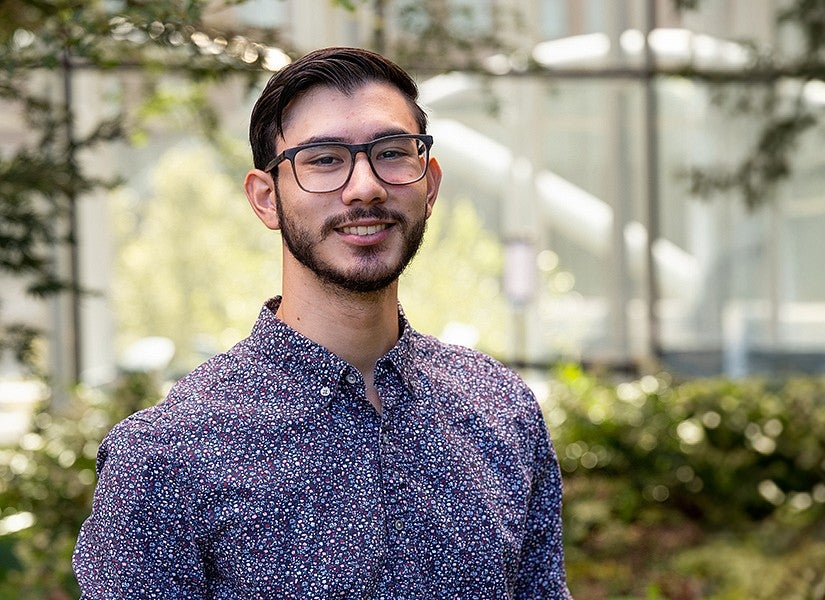
Josh Kupfer
Undergraduate Studies: Arizona State University
“Learning about the science communication side is something I didn’t get to experience through my engineering degree. I think it’s so important, even in the engineering industry — communicating ideas clearly is crucial.”
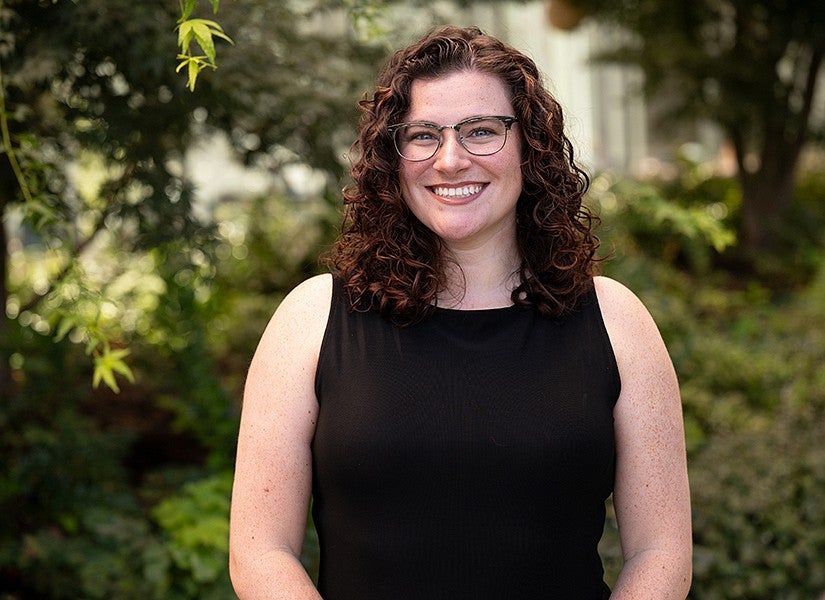
Kelsey Krusen
Undergraduate Studies: University of South Carolina: Columbia
"I'm passionate about making a positive impact through helping others and loved coming to visit weekend and seeing how close-knit all the graduate students at Knight Campus are. The interdisciplinary nature of the campus is wonderful, and I’m impressed by how they work together not just on research, but also in the community through philanthropy and other activities."
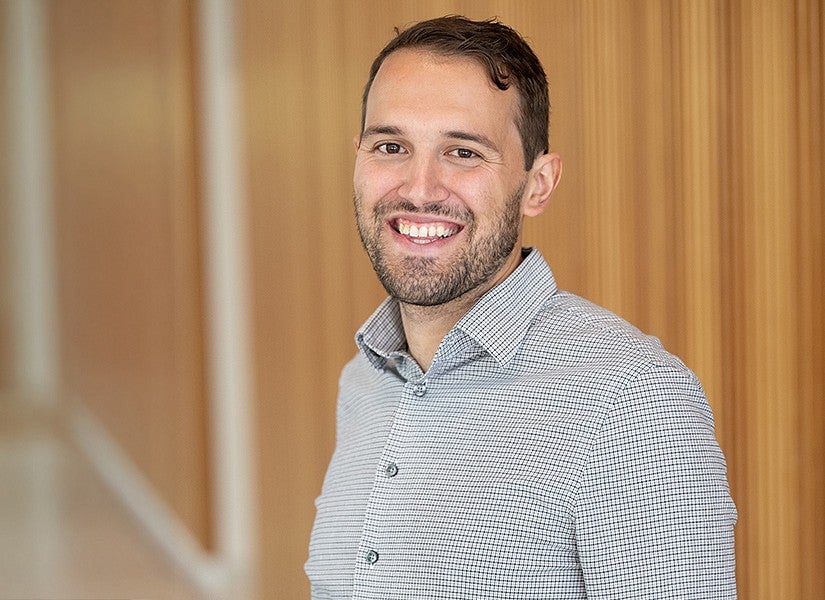
Derrick Marshall
Masters: University of Oregon
“I’ve spent almost a decade living at the scale-up stage where many ideas fail. That experience showed me how good science can stall before reaching patients, and it’s why I’m here now: to push the innovation itself, not just make it manufacturable.”
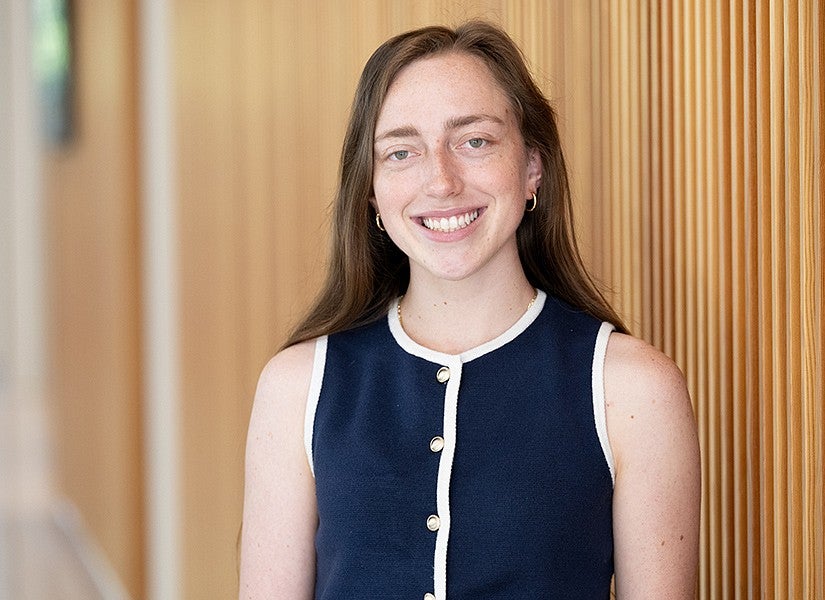
Taylor Patino
Undergraduate Studies: Vanderbilt University
“The immune system is connected to every part of the body, which makes it immensely complex. What motivates me is cutting through that noise to design targeted cancer therapies that work where they’re needed without the harmful off-target effects.”
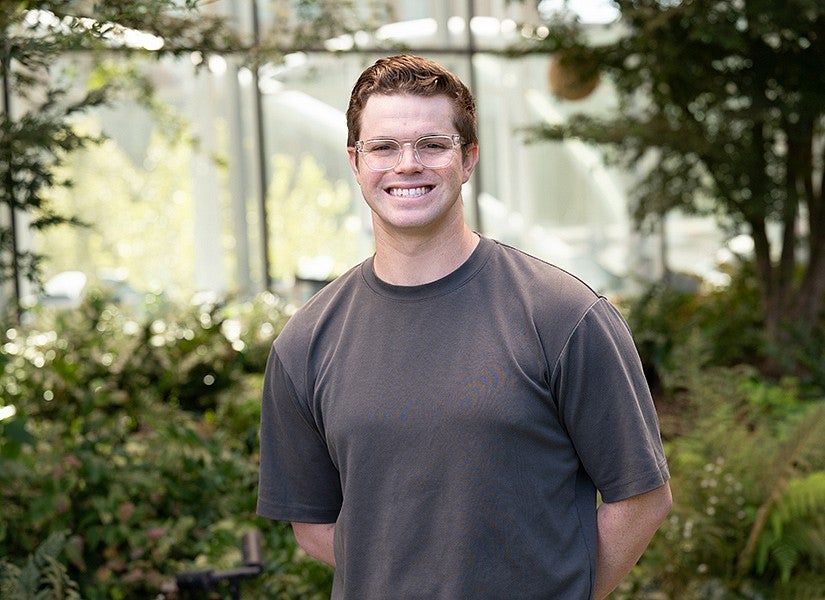
Max Tenenbaum
Undergraduate Studies: University of Oregon
“The breakthroughs made at Neuralink are what initially inspired me to study neuroscience as an undergrad. Working with researchers like Felix Deku and Tim Gardner, who helped build that technology, is what convinced me to continue my research through grad school. The Knight Campus gives me the chance to learn directly from the forefront of the neural engineering field, with an industry focus on scalability and application.”
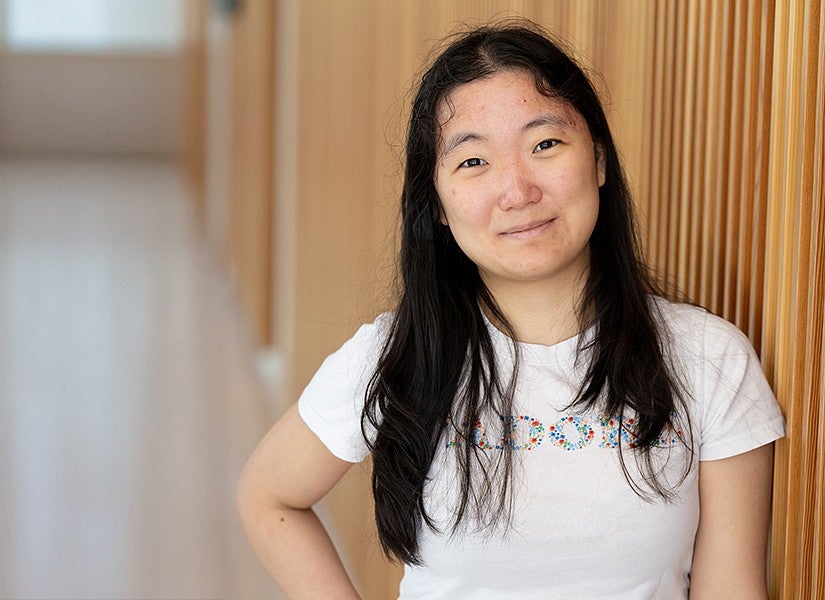
Tingting Zhang
Undergraduate Studies: Linfield University
“One of the best parts of being here is the constant reminder that there's always more to learn. We have so many opportunities to talk to a variety of professors from all different fields, all doing bioengineering work — not just from here, but from across the country and they are coming here to share their research and how they got to where they are.”
